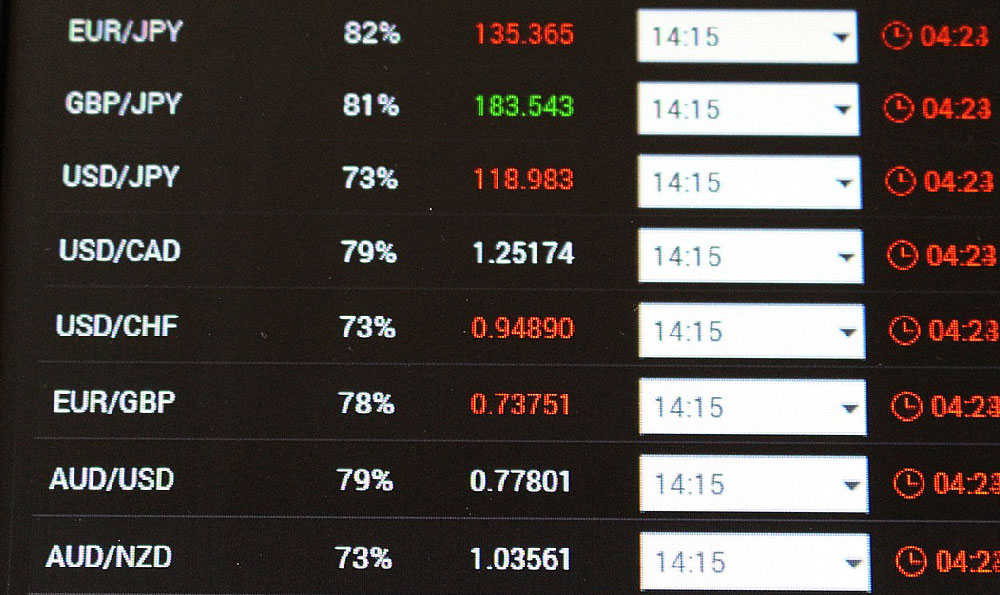
Jeff Bezos, the founder of Amazon and Blue Origin, has become a symbol of modern entrepreneurial success and staggering wealth. Estimating his per-minute earnings is a thought experiment that highlights the immense scale of his financial empire, but it’s crucial to understand that these calculations are simplified snapshots that don't fully represent the nuances of wealth accumulation. Understanding the factors that contribute to his earnings offers a more comprehensive picture.
Calculating Bezos's per-minute income typically relies on his net worth and its annual change. For instance, if one uses a past year’s increase in his net worth and divides it by the number of minutes in a year, the resulting figure is the approximate amount he "made" per minute. However, it's important to acknowledge the limitations of this approach. Net worth fluctuations are largely driven by the performance of Amazon's stock, not by a steady stream of income like a salaried employee. Therefore, these minute-by-minute figures are more indicative of the company's value and the market's perception of that value, rather than actual cash entering his bank account.
The core drivers of Bezos's wealth stem from his ownership stake in Amazon. As the company's founder and significant shareholder, he benefits directly from Amazon's growth and profitability. When Amazon's stock price rises, his net worth increases proportionally. This stock appreciation is fueled by several factors.

Firstly, Amazon’s dominance in e-commerce is a key contributor. The company has revolutionized online shopping, offering an unparalleled selection of goods, competitive pricing, and convenient delivery options. This has resulted in immense customer loyalty and market share, making Amazon the go-to destination for millions of shoppers worldwide. The consistent growth in online retail, even amidst economic fluctuations, ensures a steady revenue stream for Amazon and, consequently, benefits its shareholders, including Bezos.
Secondly, Amazon Web Services (AWS), the company’s cloud computing division, is a massive profit center. AWS provides infrastructure and services to businesses of all sizes, enabling them to store data, run applications, and scale their operations without the need for expensive in-house hardware and IT departments. The growing demand for cloud computing has propelled AWS to become a dominant player in the industry, generating substantial revenue and profits for Amazon. This business diversification is a strategic advantage, mitigating risk and contributing to the overall financial health of the company, thus influencing Bezos’s wealth.
Thirdly, Amazon's continuous innovation and expansion into new markets play a significant role. The company is constantly exploring new technologies and business opportunities, from artificial intelligence and machine learning to drone delivery and healthcare. These ventures, while sometimes risky, have the potential to generate significant returns in the long run. Moreover, Amazon's Prime membership program fosters customer loyalty and encourages repeat purchases, creating a virtuous cycle of growth. The consistent push to innovate and explore new avenues solidifies Amazon’s position as a market leader, further enhancing its value.
Beyond Amazon, Bezos’s investments and ventures also contribute to his wealth. Blue Origin, his space exploration company, is a long-term bet on the future of space travel and colonization. While it may not be generating substantial profits currently, it represents a significant investment in a potentially revolutionary industry. Other investments in various startups and companies further diversify his portfolio, offering opportunities for growth and potential future returns.
It’s also crucial to recognize the role of macroeconomic factors in shaping Bezos's wealth. The overall health of the global economy, interest rates, and inflation all influence market sentiment and investor confidence, which in turn affect stock prices. Favorable economic conditions tend to boost stock prices, while economic downturns can have the opposite effect. These external factors are largely beyond Bezos's control, but they nonetheless play a significant role in the fluctuations of his net worth.
Furthermore, the perception of Bezos as a visionary leader has played a role in attracting investors and driving up Amazon's stock price. His ability to identify and capitalize on emerging trends, his relentless focus on customer satisfaction, and his willingness to take risks have earned him the respect and admiration of the business world. This reputation, whether fully deserved or not, contributes to the overall value of the company.
In conclusion, while it’s tempting to quantify Bezos's earnings in terms of dollars per minute, it's more accurate to understand that his wealth is primarily derived from his ownership stake in Amazon and the company's overall performance. Factors such as Amazon’s dominance in e-commerce and cloud computing, its continuous innovation, macroeconomic conditions, and Bezos's perceived leadership all contribute to the fluctuating but generally upward trajectory of his net worth. These elements together paint a richer and more nuanced picture of the financial empire he has built and the forces that drive its value. The minute-by-minute figures are interesting thought experiments, but the real story lies in the strategic decisions, market forces, and innovative spirit that have defined Amazon's remarkable success.




